
Loading...
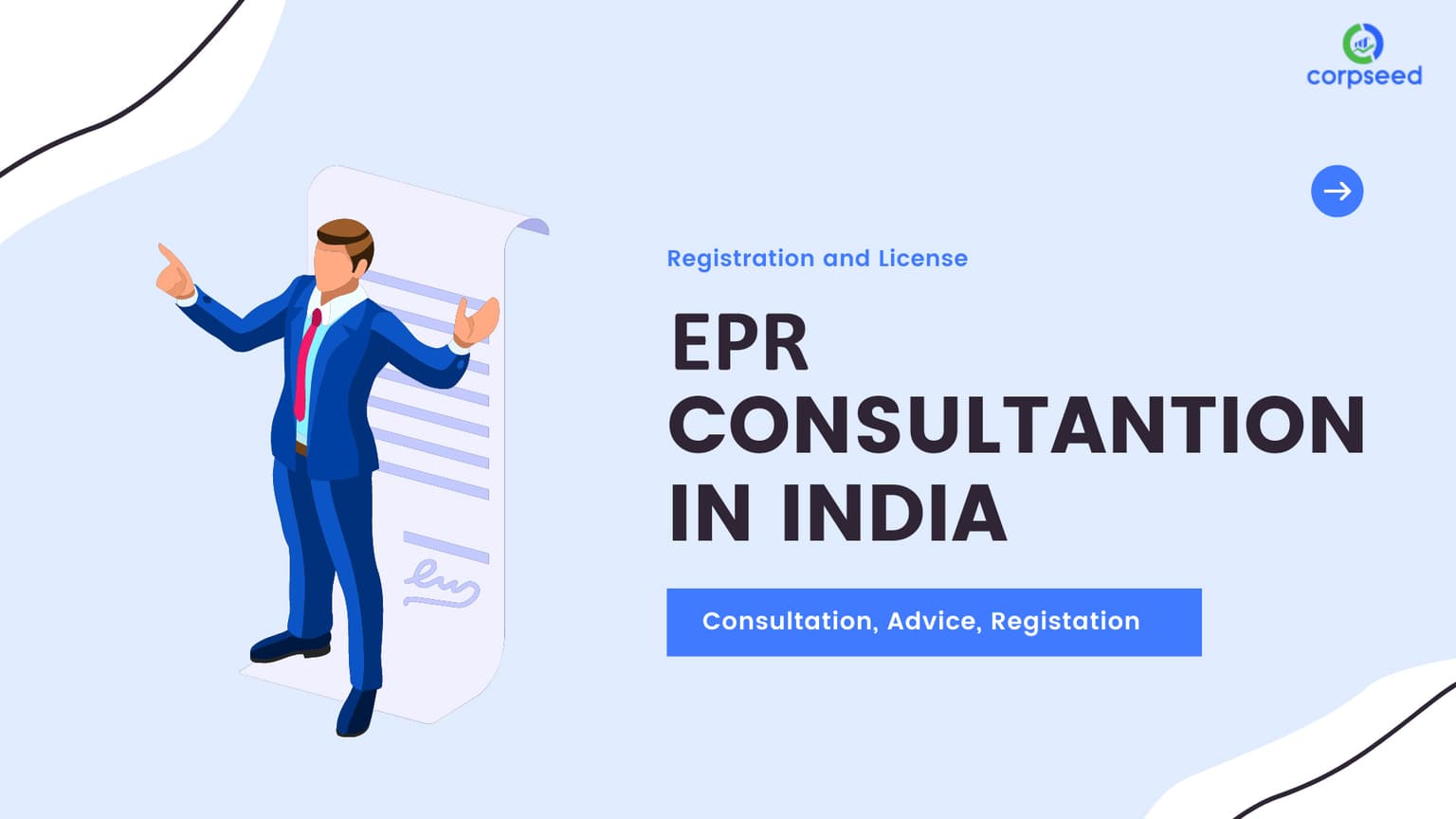
We provide CPCB Consultation Service in order to meet the needs of our customers. We have a team of experienced Consultants who will Carry out the client's request within the timeframe duration.
About the Author

Experienced Digital Marketer with a demonstrated history of working in the Internet industry. He likes to write about the latest technology trends, Skilled in Digital Marketing likes. Search Engine Optimization, SMO, SEM, PPC, Content Writing, and, Designing, etc.
Related articles
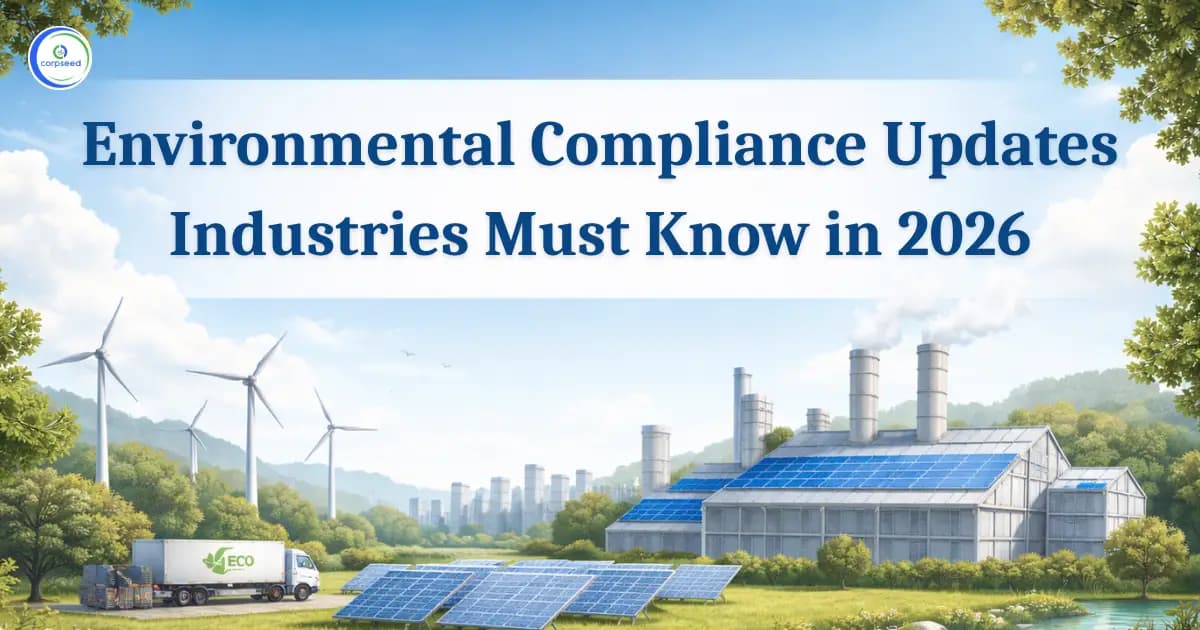
Environmental Compliance Updates Industries Must Know in 2026
2026-02-17
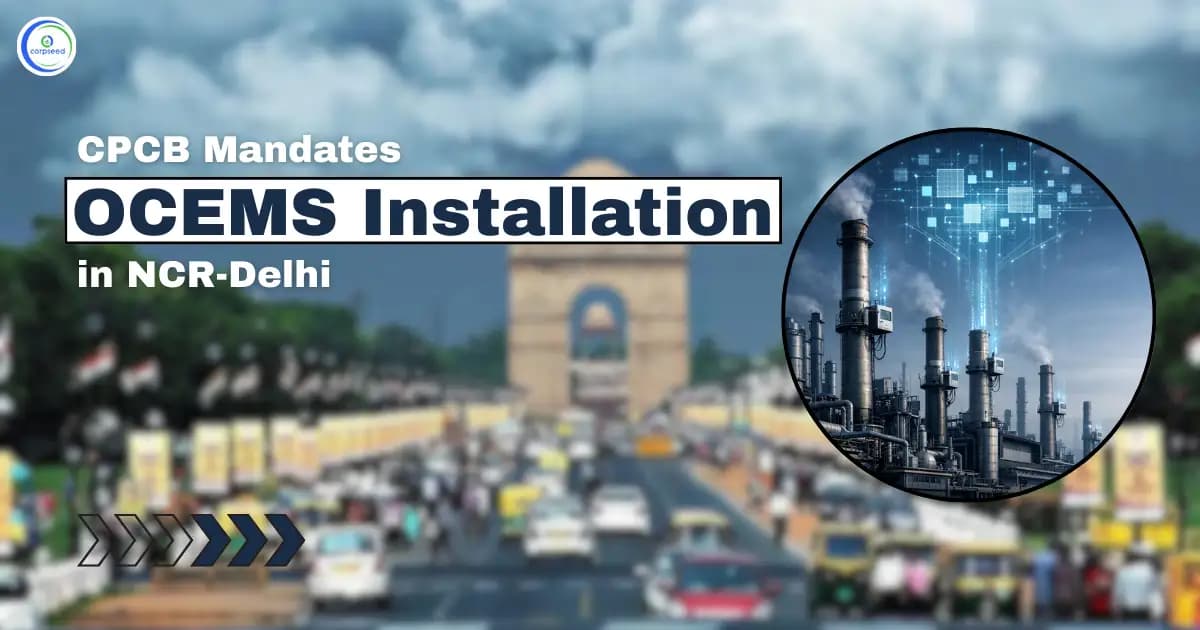
CPCB Mandates OCEMS Installation for Industries in NCR-Delhi
2026-01-28
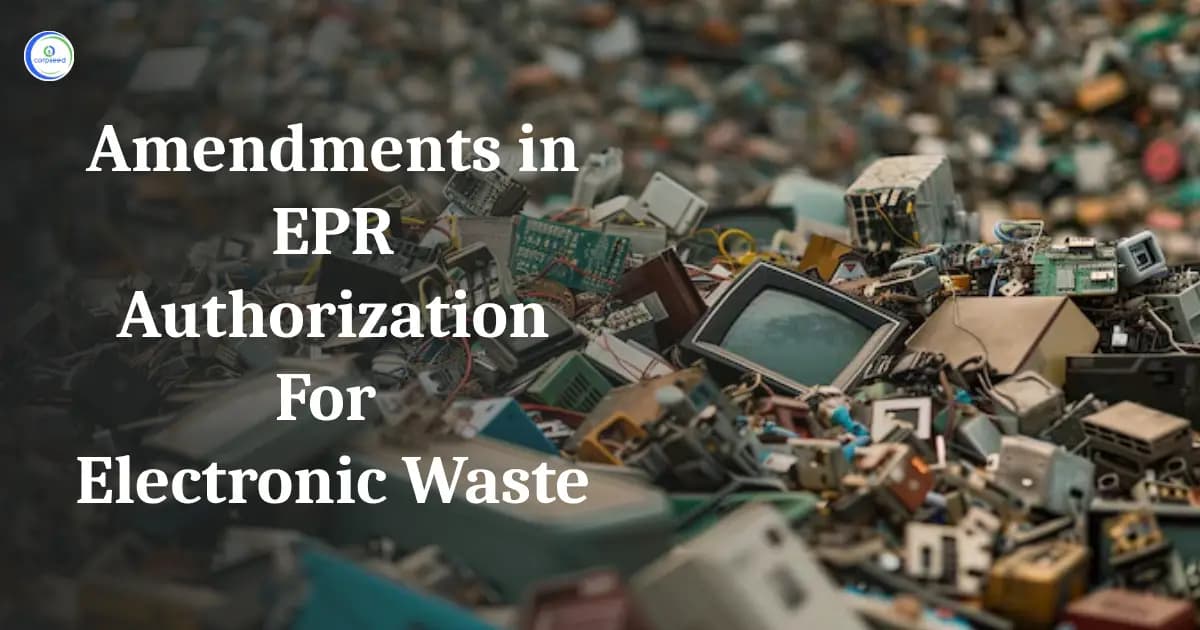
Amendments in EPR Authorization for Electronic Waste
2025-11-07
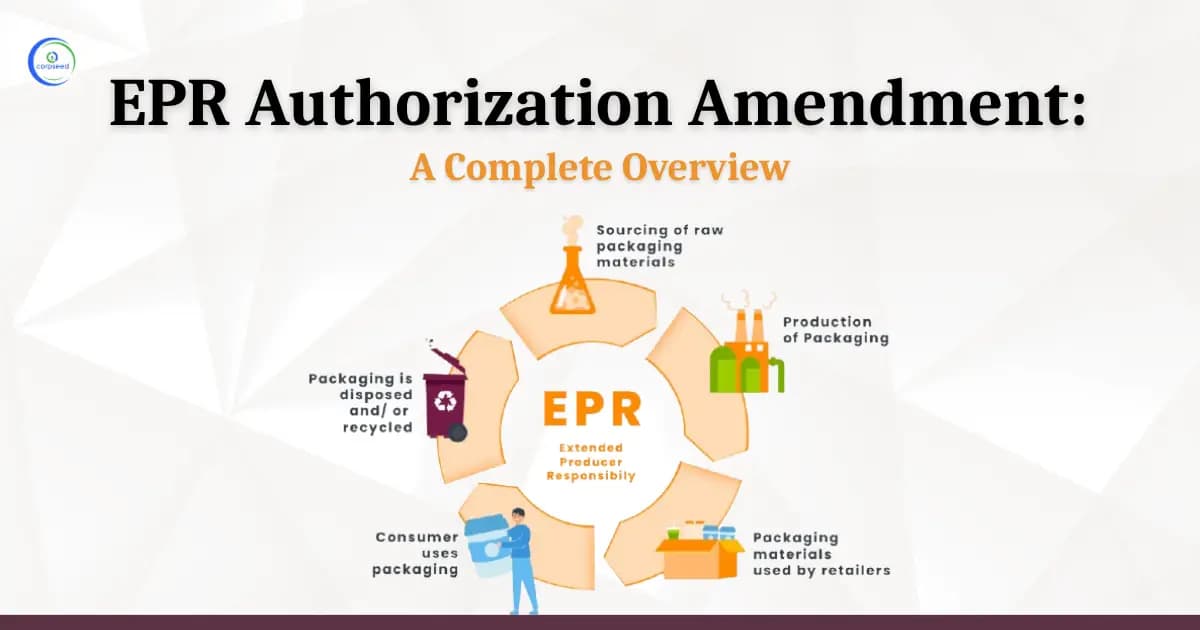
EPR Authorization Amendment: Step-by-Step Overview
2025-10-31
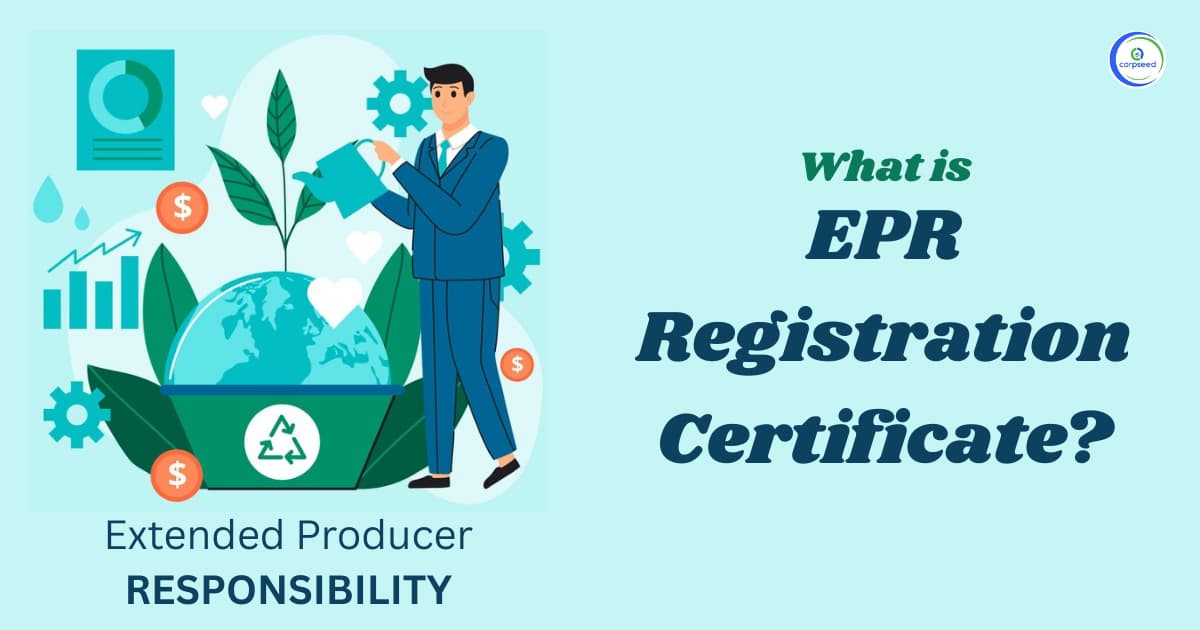
What is EPR Registration Certificate?
2025-08-22
.webp&w=1536&q=75)
How to Start a Biodegradable Packaging Business in India
2025-08-19